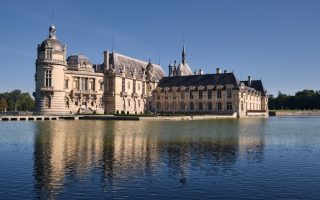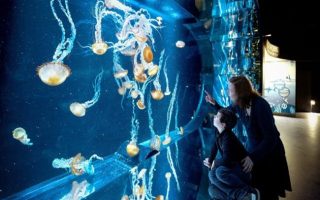10 Reasons to Visit Pays de Grignan
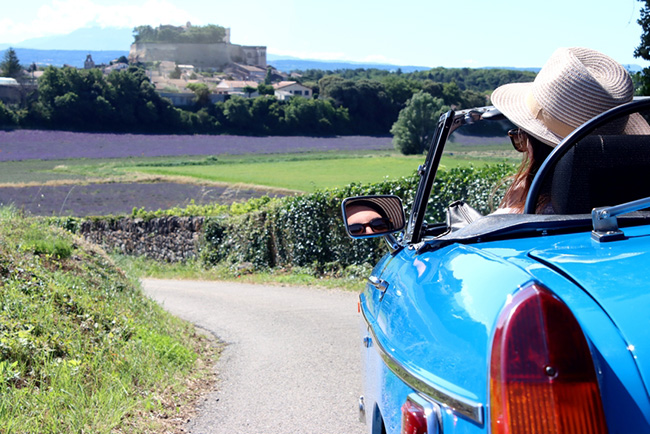
It’s time to take your time: We live in a fast-paced world, so why not slow down and let yourself relax? Pays de Grignan – Enclave des Papes is an antidote to stress: the enchanting countryside is the starting point for cultural and gastronomic discoveries, together with relaxing activities for bike and hike lovers… a myriad of experiences in an incredible environment. Here are 10 great reasons to come and enjoy the Grignan way of living.
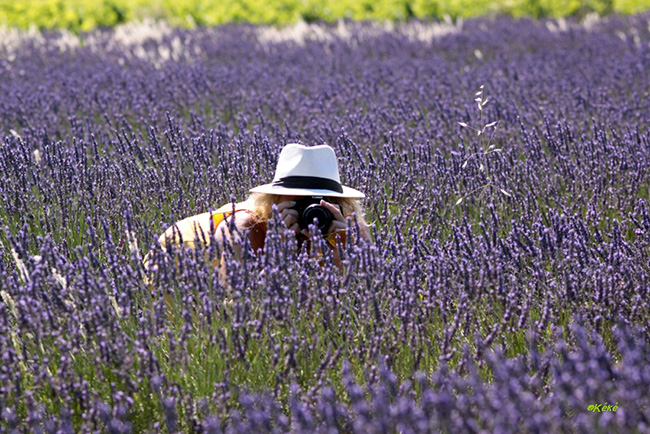
Frolic in the lavender fields © Muriel Pellegrin, Marlène Barbat
1. Breathe in the Scent of Lavender Fields
When summer comes, the Pays de Grignan and the Enclave of the Popes plains and hills dress in blue. Lavender scents mingle with those of the scrubland, oaks and vineyards. The cultivation of this aromatic plant, emblematic of Provence, dates back to the beginning of the 20th century, but the virtues of its essential oil have been known since antiquity. Lavender and Lavandin (another species growing in lower lands) have always been associated with the breeding of bees and the process of honey-making. Distilling techniques, lavender field visits, massages in the middle of lavender fields, painting workshops, honey-making and more…Our service providers welcome you all year long and tell you all about this beautiful plant.
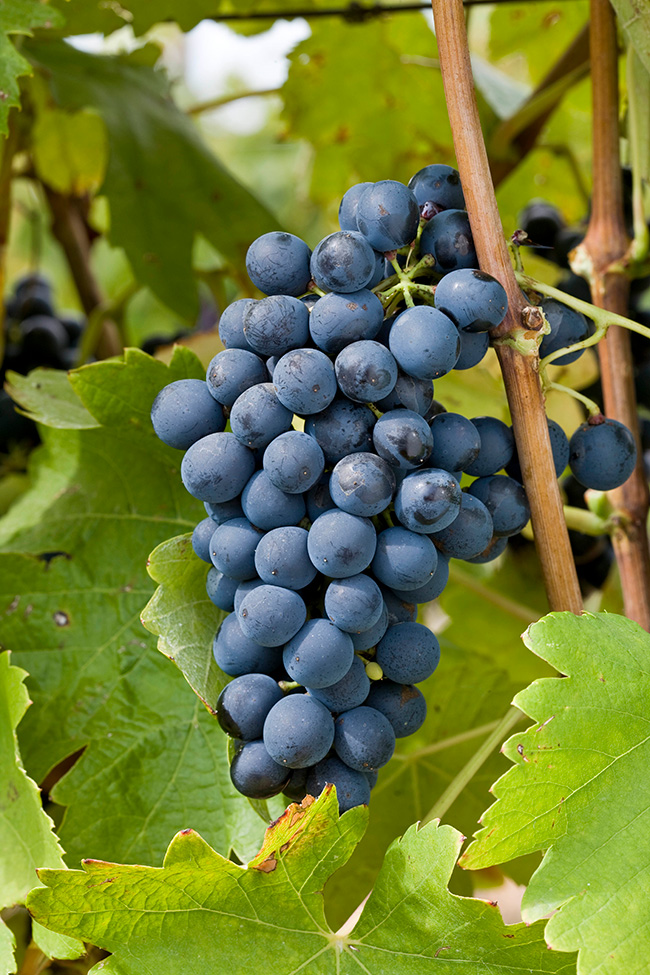
Syrah © Muriel Pellegrin, Marlène Barbat
2. Wine Tasting in our Wineries and Vineyards
This region has produced exceptional wines for millennia. Three well-known appellations call this area home: Côtes-du-Rhône, Côtes-du-Rhône-Village and Grignan–les–Adhémar. The rows of vines are lined with rose bushes and lavender, giving this landscape an inimitable charm. Our vineyards are the northernmost of the southern Côtes-du-Rhône. They stretch on the southern and western slopes of the foothills of the Pre-Alps, with pebbly clay-calcareous soils, under a sunny Provençal climate, purified by the famous Mistral. The latitude, soils, sun and altitude of the region give its wines their unique taste. In the cellars, you will have the opportunity to taste a whole range of exceptional appellation wines.

© Muriel Pellegrin, Marlène Barbat
3. Explore the Black Truffle Mystery
The famous “rabasse”: a truffle is called a “rabasse” in Provençal, the local dialect. It can be found from mid-November to mid-March and every Saturday, visitors can enjoy the truffle market of Richerenches, the largest in Europe. An indescribable fragrance escapes from the precious mushroom when it is mature. Try the dishes in the restaurants, especially “brouillades”, and your taste buds will be amazed. Why not try to “caver”, that is looking for truffles with a trained dog and its master? Throughout the winter, many traditions and events celebrate the melanosporum truffles: the truffle market in Richerenches, the Saint-Antoine Mass, the literary festival of books, truffle and wine in Grignan and surrounding villages, and many other moments to enjoy.
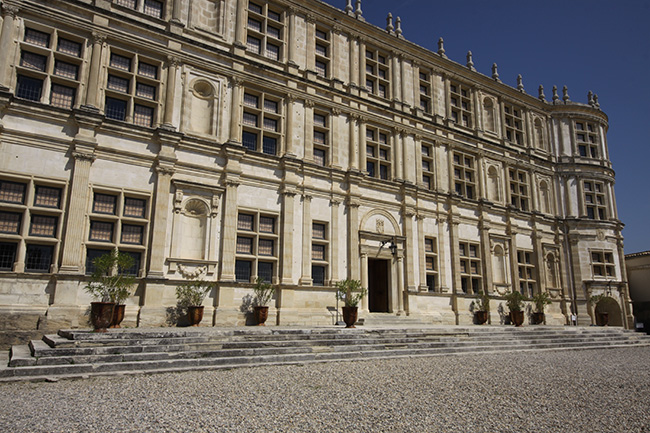
Grignan Castle © Muriel Pellegrin, Marlène Barbat
4. Visit Grignan Castle, a Renaissance and Classical Palace
At the very heart of the Drôme Provençale, built on a rocky promontory, Grignan Castle overlooks the village. Witness of Renaissance architecture and French classicism, the building has had a turbulent history. The 11th-century castle was transformed during the Renaissance into a prestigious pleasure house by the Adhémar family. In the 17th century, the Marquise de Sevigne stayed there with her daughter Françoise-Marguerite who became, by marriage, Countess of Grignan. The marquise’s letters to her daughter made her a famous letter-writer and will greatly contribute to the notoriety of the place.
Dismantled at the time of the Revolution and then rebuilt at the beginning of the 20th century by Marie Fontaine, it has belonged since 1979 to the Department of Drôme, which pursues an ambitious program of restorations and acquisitions. Classified as a historic monument in 1993 and labelled Musée de France, the Château de Grignan offers visitors precious testimonials on the art of living at different times. The castle organises every summer a theatrical event, the nocturnal feasts, and offers a cultural program throughout the year.
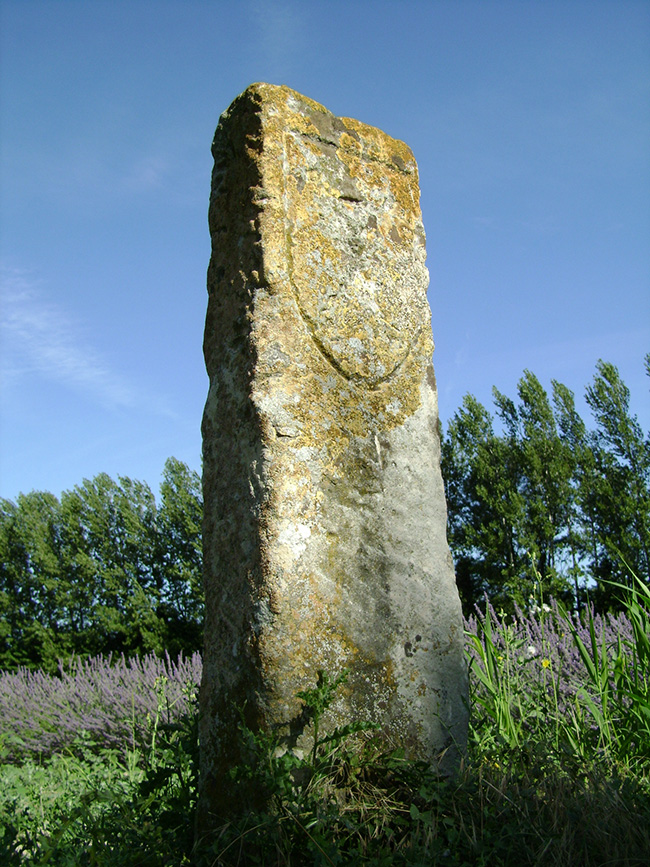
© Muriel Pellegrin, Marlène Barbat
5. Go Back in Time in the Enclave des Papes
The Enclave of the Popes is 700 years old. Known since prehistoric times, this region was acquired by the Popes of Avignon in the early 14th century. When French departments were created, at the end of the Revolution, the inhabitants of the four communes – Grillon, Richerenches, Valréas and Visan – decided to remain attached to Vaucluse and thus to give existence to a Vauclusian enclave in the department of Drôme.
In 1317, Pope John XXII, elected the previous year, re-attributed the former Commandery of the Templars of Richerenches to the patrimony of Saint Peter. Then, the same year, the sovereign pontiff bought from the Dauphin of the Viennois his feudal rights on Valréas. In 1342, Clement VI bought Grillon from the Viennois Dauphin. This controversial acquisition was perpetuated under Clement VII who, in 1383, exchanged Grillon for half of the city of Montélimar. Visan is ceded by Humbert II, the last Dauphin of Viennois, to Pope Clement VI on July 31st 1344, the transaction including an exchange of property owned by the pontiff in Romans.
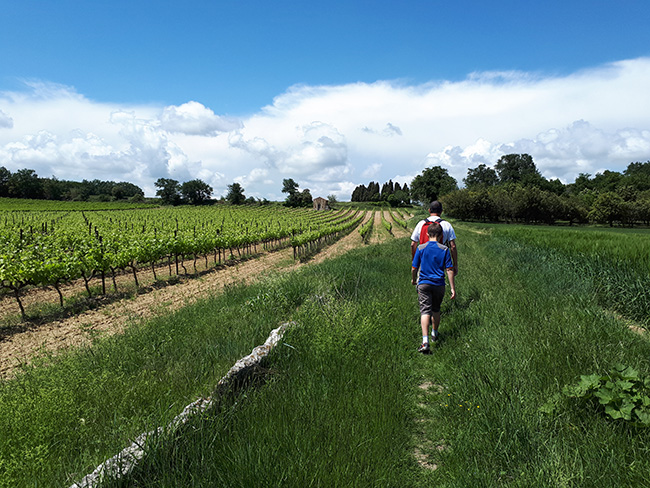
Head out on a walk © Muriel Pellegrin, Marlène Barbat
6. Get Active and Unwind
Walk, hike, practice sport, enjoy the open air, the views, the nature… It is time to take your time and discover the beauty of the unique Pays de Grignan and the Enclave des Papes landscapes. Bike tours, mountain biking, hiking trails (from the fun family walk to the more active climb with a steep incline, 22 paths are available), horse-riding, fishing, adrenaline-fuelled activities, etc. Here, everyone can practice their own hobby.
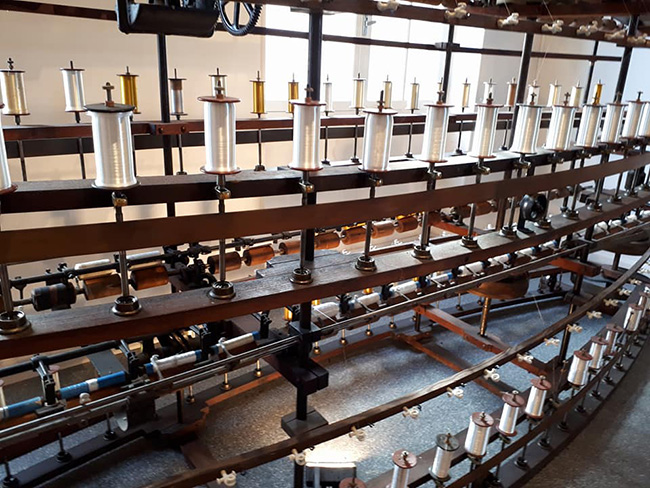
Find out more about the industries that built the area’s economy © Muriel Pellegrin, Marlène Barbat
7. Museums, Places to Visit, and Villages
Would you like to enrich your holidays with visits and discoveries? So, push the doors of our museums and tourist sites, there is always something for everyone: sites to discover with children such as castles, a honey house, a syrup factory, and unusual archaeological sites, but also many places of visits related to history, industry, and local traditions. Do not hesitate to stop in the villages that you will cross on your way, there is always a tiny street where you could be meeting a Templar Knight.
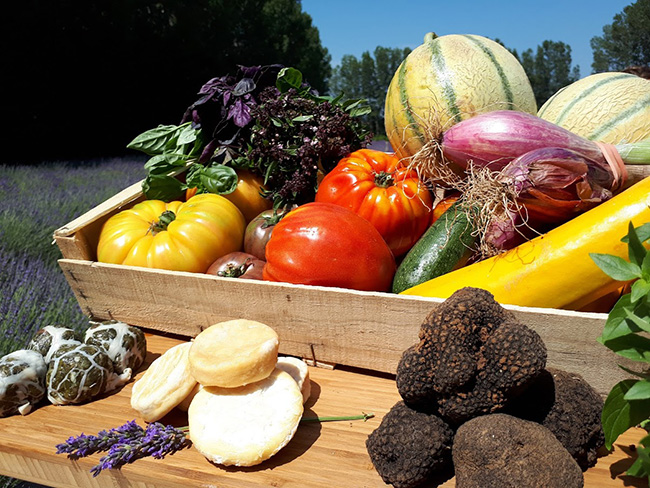
Fresh local produce to enjoy © Muriel Pellegrin, Marlène Barbat
8. Enjoy the Flavours of Local Products
Whether they are weekly and important, in a small village, displaying craft, with pottery, local products or by night, markets are often the occasion to meet new people and find treasures. The farmers will explain their work in the soil in order to obtain an incredibly juicy melon, or for the strawberries, which only need whipped cream to be eaten. The craftsperson who will reveal to you their knowledge and many other talents are to be discovered all year long on our markets. Numerous producers welcome you to their farms and estates to show you their gourmet know-how… a pleasure for the taste buds!

Learn more about the area © Marlène Barbat
9. What’s On?
Deeply cultural, our territory offers a rich program of events all year long: concerts, exhibitions, festivals… But also many markets and fairs as well as traditional festivals. Discover all the events online.

Sleep well © Muriel Pellegrin, Marlène Barbat
10. For your Stay
Cosy and friendly bed and breakfasts, friendly and human-size hotels, seasonal rentals, cottages, collective lodgings, and open-air accommodation, everyone will go out of their way to accommodate you and make you feel at home.
For more information and to organise your stay: www.grignanvalreas-tourisme.com
Lead photo credit : © Muriel Pellegrin, Marlène Barbat
Share to: Facebook Twitter LinkedIn Email
More in 10 reasons to visit Pays de Grignan, Drôme Provençale, Enclave des Papes, Pays de Grignan
Leave a reply
Your email address will not be published. Required fields are marked *

